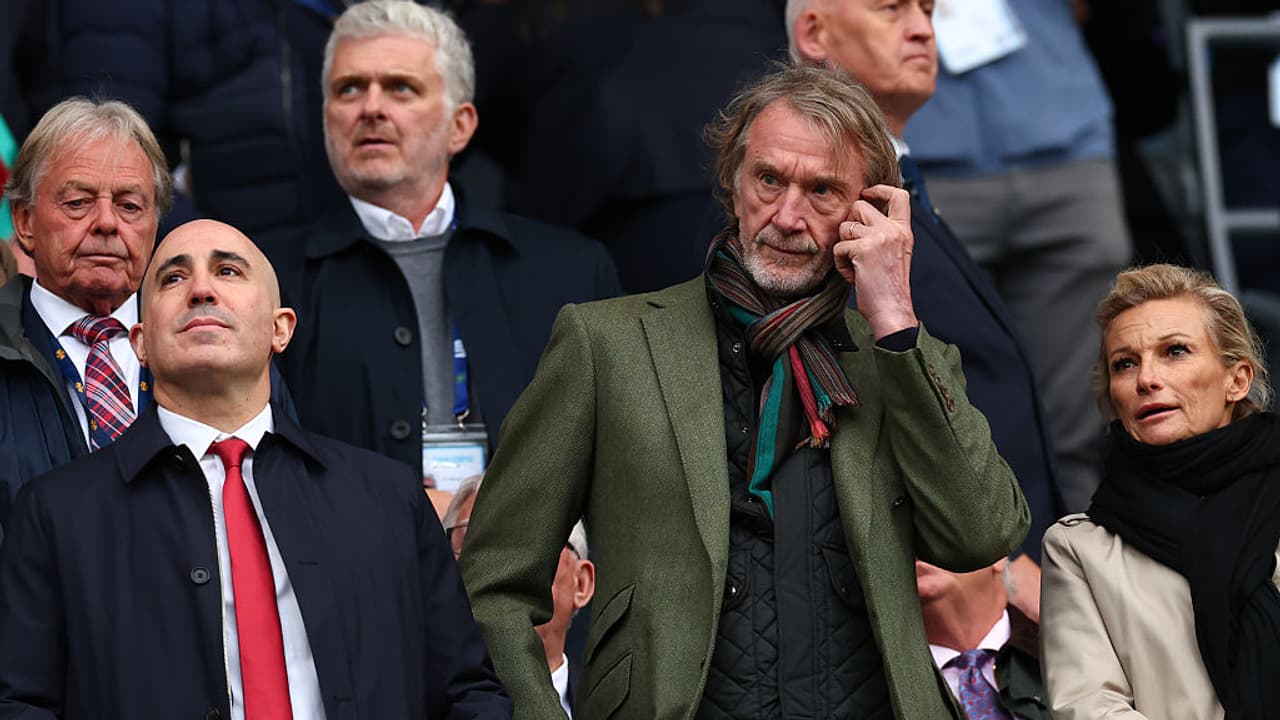Since 2013, Manchester United has spent over £55 million sacking managers, creating a cycle of financial and sporting instability. This pattern of expensive dismissals, from David Moyes to Erik ten Hag, has undermined the club’s progress.
Ruben Amorim, a manager not even a year into his Old Trafford tenure, is already facing the kind of scrutiny that has become all too familiar at the club. After Brentford victory over Manchester United last weekend, the chants that followed said it all: “You’re getting sacked in the morning.” Amorim has survived-for now-but the debate over his position only highlights a deeper, recurring issue at United: the staggering financial and sporting costs involved in repeatedly changing managers.
The End of Stability
United’s troubles date back to the summer of 2013, when Sir Alex Ferguson retired after more than two decades of unmatched success. His exit alone triggered £2.4 million in staff changes, but more crucially, it marked the beginning of an era defined by instability.
David Moyes, Ferguson’s immediate successor, never made it through his first full season. He signed a six-year contract but was dismissed within 12 months, and removing him and his staff set United back £4.9 million-a figure that, ironically, remains their cheapest managerial payout of the past decade.
Others followed, each departure more expensive than the last:
Louis van Gaal (2016): £8.4 million compensation
Jose Mourinho (2018): A record £19.6 million payout
Ole Gunnar Solskjaer (2021): £9.1 million
Erik ten Hag (2024): £10.4 million, especially painful as he had signed an extension just before dismissal
And then came one of the strangest episodes of all-Ralf Rangnick.
The Rangnick Complication
Rangnick arrived in late 2021 as an interim stopgap with the promise of transitioning into a consultancy role afterwards. But by May 2022, he was gone. United reported £14.7 million in related compensation-but per their own clarification, not all of that went directly to Rangnick and his staff. To this day, the exact payout remains muddy, though it inflated perceptions of just how costly his brief spell proved.
If you include Rangnick’s figure, United’s total spend on sacking managers since 2013 climbs well over £69 million. Excluding him, it still stands at nearly £55 million-a remarkable sum, even if it accounts for less than 1% of revenues across that period.
The Ripple Effect of Sackings
Money spent on dismissals is not the whole story. The financial strain spreads far wider.
In 2024–25, when both manager Erik ten Hag and sporting director Dan Ashworth exited, the pair’s departures accounted for almost two-fifths of total staff-related costs. At the same time, United were slashing their wage bill by £51.5 million through a 14% reduction in staff, yet more than a quarter of those savings (28%) evaporated instantly thanks to payouts for managerial upheaval.
Amorim’s situation is no less costly. His contract runs until 2027, and cutting ties before next summer would trigger an additional £4.2 million in amortisation charges. On top of that, United’s on-field struggles are already hitting revenues hard: their £136.2 million Premier League prize money for finishing 15th last season was their lowest domestic haul since 2016, and the absence of European football has made the financial picture even gloomier.
A Club Locked in a Cycle
For supporters, the numbers are almost secondary to the pattern they represent. A decade has passed where every new manager-Moyes, Van Gaal, Mourinho, Solskjaer, Ten Hag, and now Amorim-arrives with hope, only for results to sour and another expensive dismissal to follow.
In total, more than £55 million has been paid just to remove managers, and that figure doesn’t even account for failed transfer strategies, wasted recruitment budgets, or the instability caused behind the scenes each time a new backroom staff is installed. It’s no surprise United have fallen behind rivals built on clear planning and long-term structures.
The Dilemma Facing Sir Jim Ratcliffe
As it stands, Amorim remains in charge, and there are voices urging patience. He inherited a broken team and was brought in with promises of a long-term project. But patience is finite, and results-over half of United’s 33 league matches under him have ended in defeat-have eroded much of the early optimism.
Sir Jim Ratcliffe is left weighing a brutal choice. Keep faith with a floundering manager in the hope stability finally bears fruit? Or act decisively, knowing another sacking will deepen both the financial hit and the perception of chaos?
What is clear is this: stability was once United’s greatest strength. Now, constant upheaval has become their biggest weakness. Until there is a coherent football identity paired with patience to see it through, United will remain stuck in the costly cycle of starting over, time and again.
